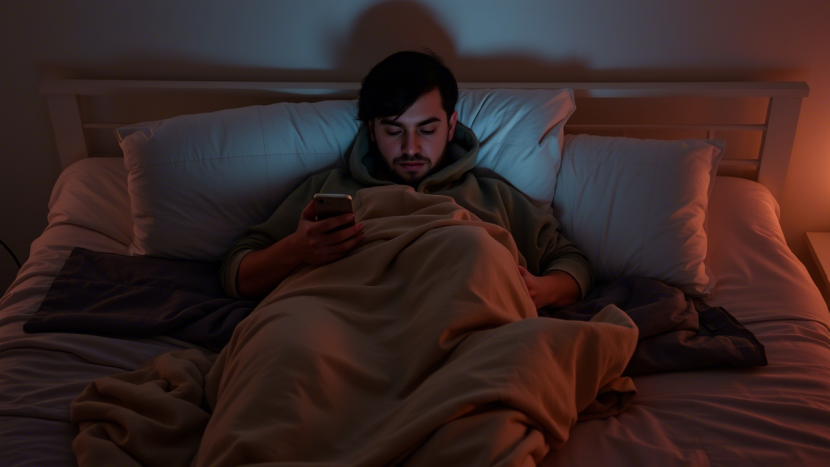Masturbation is a completely natural and healthy sexual act that many people perform regularly. Although surrounded by many benefits and side effects, scientific research supports the fact that masturbation is a healthy part of human sexuality. It helps individuals explore their bodies, understand their desires, and even manage stress. So, what actually does masturbation do for your physical, mental, and sexual health? Let’s explore the facts.
Mental Health Benefits: It’s More Than Just Pleasure
Masturbation is more than just sensual pleasure—it carries strong psychological consequences that can contribute to your general well-being
- Stress Buster: Have you ever noticed how laid-back you get afterwards? This is because masturbation releases endorphins, which are the natural stress-relieving chemicals in our bodies, letting you relax after a long day.
- Mood Booster: When you’re masturbating, your brain releases oxytocin and dopamine—chemicals that facilitate feelings of calmness, euphoria, and emotional health.
- Improved Sleep: If you find it difficult to sleep, masturbation could be your new bedtime routine. The relaxation effect after orgasm aids many in falling asleep sooner.
- Self-Discovery & Confidence: Knowing what gives you pleasure can boost self-esteem and increase intimacy with partners.
Be Aware Of

- Guilt & Shame: Religious or cultural beliefs may sometimes result in negative feelings towards masturbation. Keep in mind, it’s a natural aspect of human sexuality.
- Overuse & Addiction: Though masturbation is healthy, excessive use can disrupt daily life, relationships, and productivity.
Physical Health Effects: What Happens to Your Body?
It carries a number of scientifically confirmed health advantages. Let’s itemize them:
- Guards Prostate Health: Research indicates that regular ejaculation might reduce the threat of prostate cancer by clearing toxic substances.
- Boosts Sexual Function: Regular masturbation may prevent erectile dysfunction and premature ejaculation by enhancing the control of arousal.
- Strengthens Immunity: Amazingly enough, masturbation does help to strengthen your immune system by releasing larger amounts of those infection-fighting hormones.
Potential Downsides
- Skin Irritation & Sensitivity: Overdoing it or using too much friction may cause discomfort, redness, or minor skin injuries.
- Temporary Fatigue: Masturbation can make you feel a bit drained for a short time, especially if done too often.
- Reduced Sensitivity: Overstimulation, particularly from frequent pornography use, may make it harder to enjoy real-life sexual experiences.
Masturbation & Sexual Health: Does It Affect Your Relationships?
It is a vital component of sexual health and self-knowledge, but how does it affect relationships? let’s see
- Improves Sexual Awareness: Exploring your own pleasure helps improve communication and intimacy with a partner.
- Reduces STI Risk: Unlike unprotected sex, masturbation poses zero risk of sexually transmitted infections (STIs).
Watch Out For

- Relationship Issues: Although masturbation is natural, excessive behaviors that substitute or interrupt relationship intimacy can lead to dissatisfaction or miscommunications.
- Porn Addiction: Excessive use of porn can lead to unrealistic sexual expectations and impact actual attraction and performance.
Final Thoughts: Maintaining Balance is Essential
Masturbation is a healthy and natural act when practiced in moderation. It has many physical as well as mental advantages, ranging from the relief of stress to better sexual well-being. But, as with everything else, overindulgence may create side effects that one would not like. The solution lies in maintaining a balanced attitude and being self-aware.
Key Takeaways:
✔ Masturbation is a normal part of human sexuality.
✔ It can reduce stress, enhance mood, and enhance sleep.
✔ Frequent ejaculation might encourage prostate health.
✔ Over-masturbation can cause tiredness, skin irritation, or loss of sensitivity.
✔ Honest discussions and a positive attitude towards sexuality result in improved relationships and self-acceptance.
Your Turn… Do you have questions or concerns about sexual health? Drop them in the comments or explore more about healthy habits for overall well-being.




